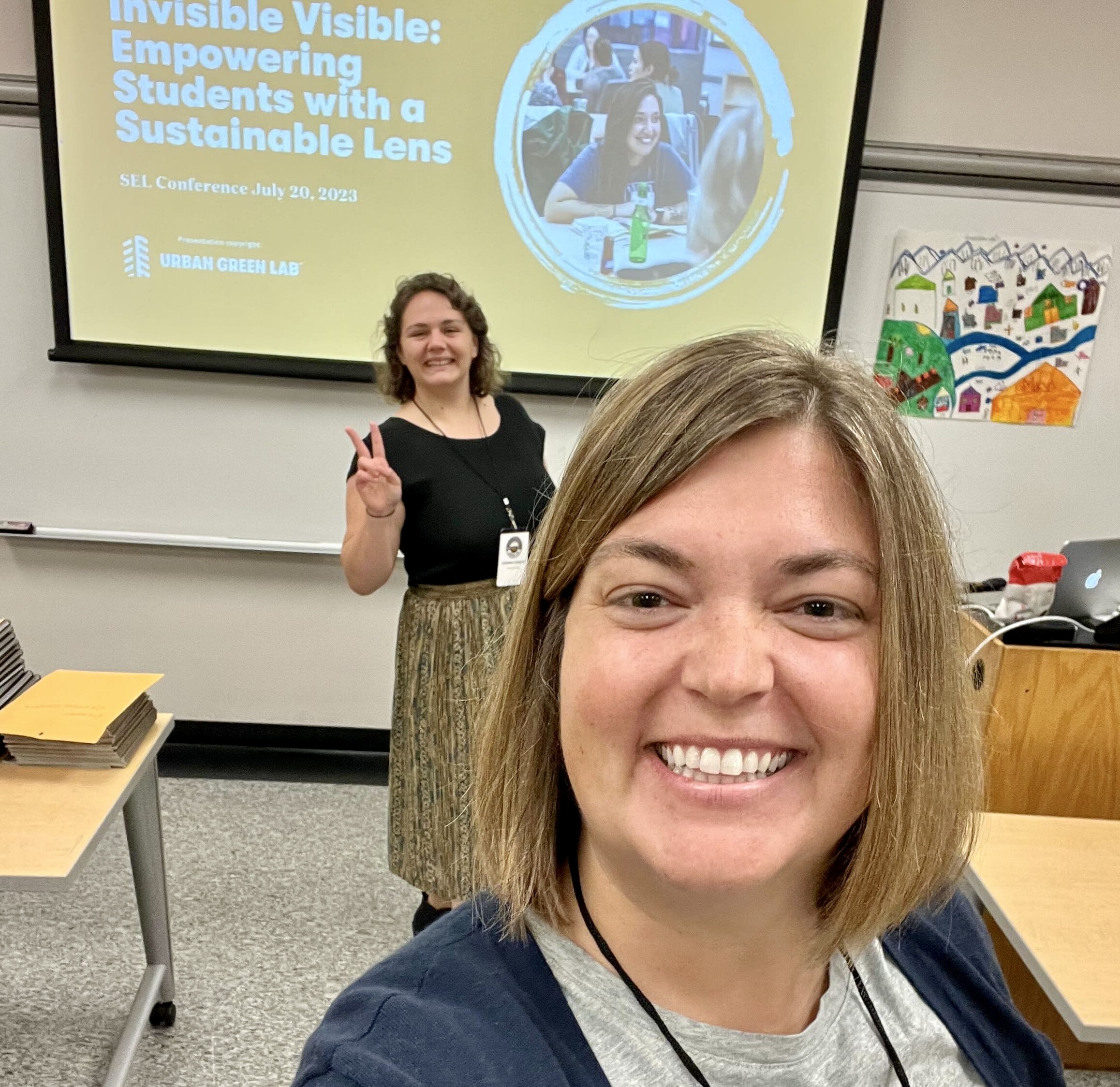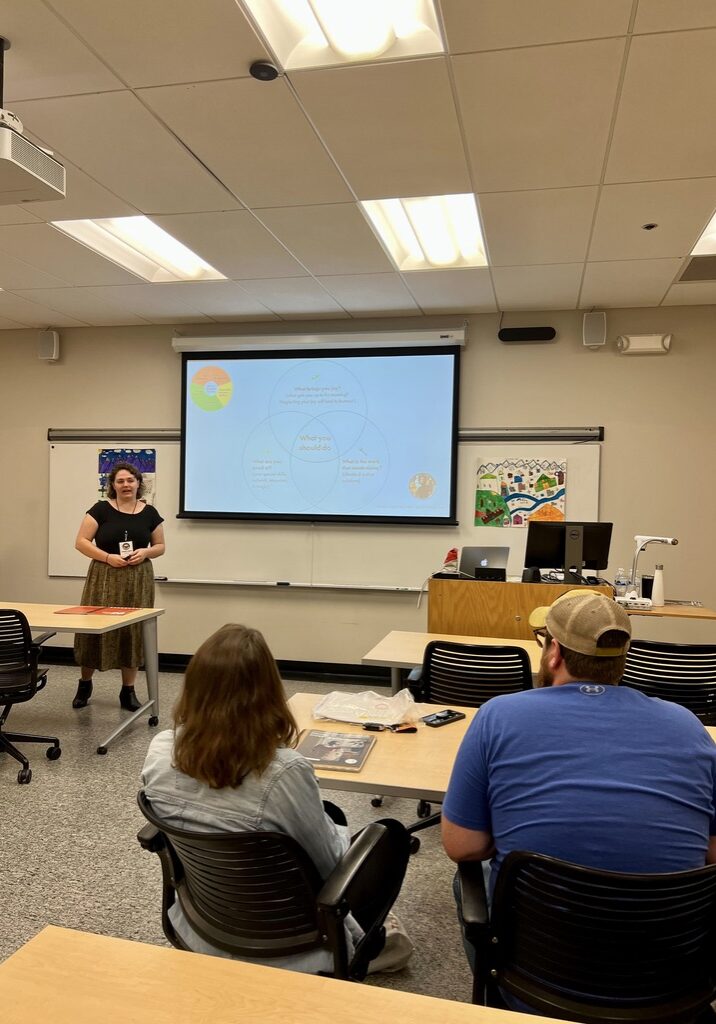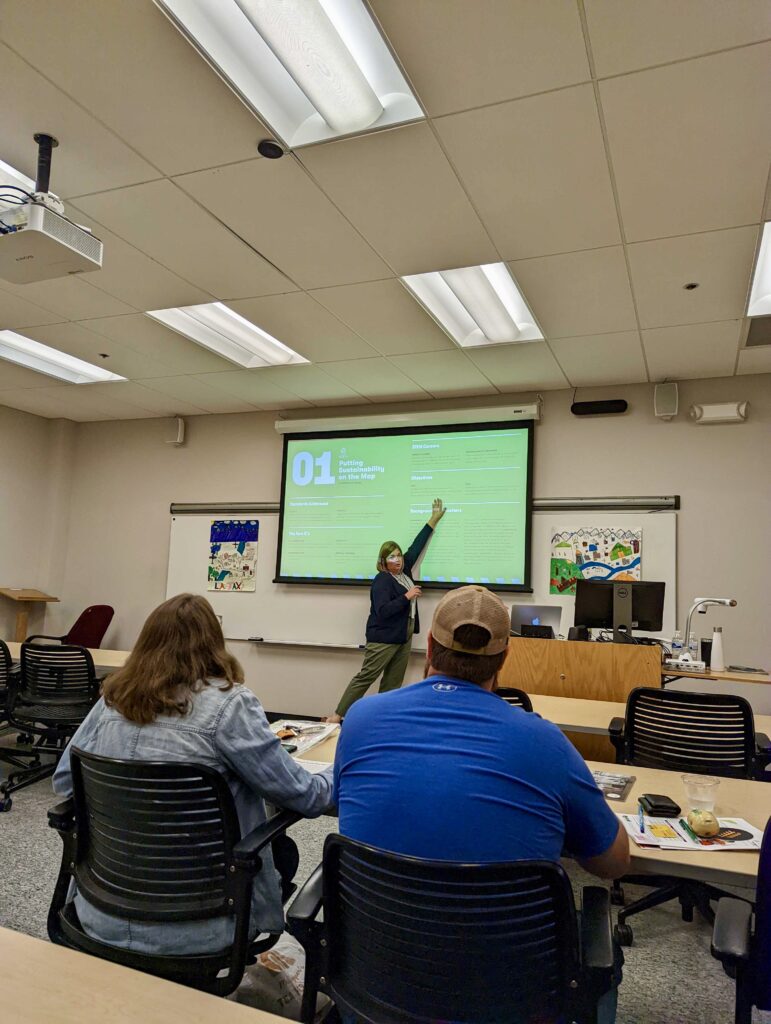Social and Emotional Learning (SEL) is an integral part of education and development for children, young adults, and adults. It is the process through which individuals gain the knowledge and apply the skills to develop healthy identities, manage emotions, achieve personal goals, feel and show empathy, establish and maintain supportive relationships, and make responsible decisions. In addition to those skills, SEL advances educational equity through authentic school-to-family-to-community partnerships, established learning environments and experiences that feature trusting relationships, rigorous and meaningful curriculum and instruction, and ongoing evaluation. (Source)
The Collaborative for Academic, Social, and Emotional Learning (CASEL) 5 addresses five broad and interrelated areas of competence that SEL should address and gives examples for each. The areas of competence can be taught and applied at various development stages from childhood to adulthood and across diverse cultural contexts. These areas include self-awareness, self-management, social awareness, relationship skills, and responsible decision-making. (SOURCE)
For more information on the CASEL framework, watch this video (click).
The 13th annual Music City Social and Emotional (SEL) Conference was held on July 20, 2023 at Lipscomb University, and was open to faculty and staff of Metro Nashville Public Schools. The conference is organized by Alignment Nashville in partnership with Metro Nashville Public Schools and other area organizations. Music City SEL has served Nashville and other communities for more than ten years, highlighting local and international expertise and resources related to social-emotional learning. (Source)
Urban Green Lab’s Classrooms division was invited to attend and present at this year’s conference. The day began with a passionate speech by MNPS Superintendent Dr. Adrienne Battle and a moving keynote by Tara Brown, the Connection Coach, before leading into a full day of presentations that focused on best practices in SEL. This year the event brought together more than 400 attendees, presenters, exhibitors, and volunteers.
Urban Green Lab’s (UGL) Classrooms Division hosted a session titled Making the Invisible Visible: Empowering Students with a Sustainable Lens. The session

demonstrated the interconnectedness of SEL and sustainability education, while focusing on empowering individuals to make informed decisions and take individual and collective action to address global challenges like climate change (Source).
Using SEL as the base, sustainability education allows students to connect with themselves, each other, and the world outside of school. The session looked to nature as a mentor for out-of-the-box problem solving. We also uncovered that cultivating community, protecting our planet, and recognizing our impact on others are ideals that cut across subject and grade. Attendees of the UGL session walked away as UGL Sustainable Classroom Trained Educators with the confidence, tools, and community needed to bring a sustainable lens to their classrooms and campuses.
How can someone practice the SEL framework?

- Perform daily emotional check-ins with yourself. How are you feeling and are you ready for the day?
- Practice mindfulness throughout the day. Take five deep breaths, list four things you see, three things you hear, two things you are touching, and one thing you smell.
- Connect to nature. Take a few moments to go outside.
- Utilize healthy coping skills when stressed. Listen to some music or read a book you enjoy.
- Create a gratitude list or journal. List three things that you are grateful for each day, big or small!
- Take a brain break during the day. Schedule them between tasks or when you notice you need to refocus.
- Practice end-of-the-day reflections. What positive choices did you make today? How did you give back to the world today? What made you smile today?
If you are interested in bringing SEL into your classroom, utilizing a sustainability lens is a great way to do so. Learn more about our professional development training here to find out how you can make the connection between sustainability and SEL!
